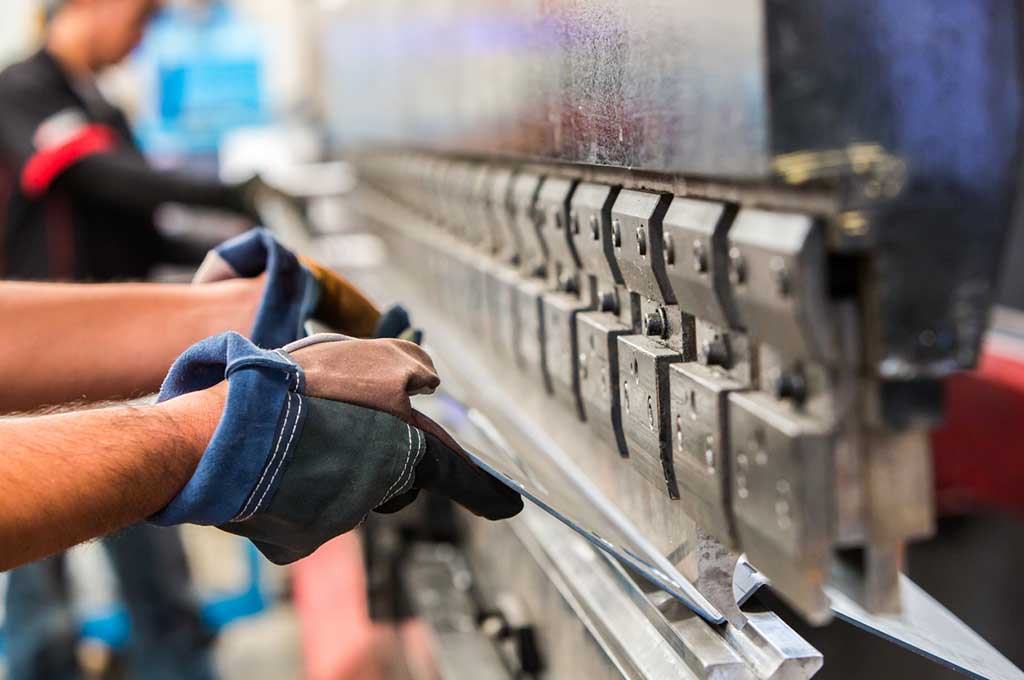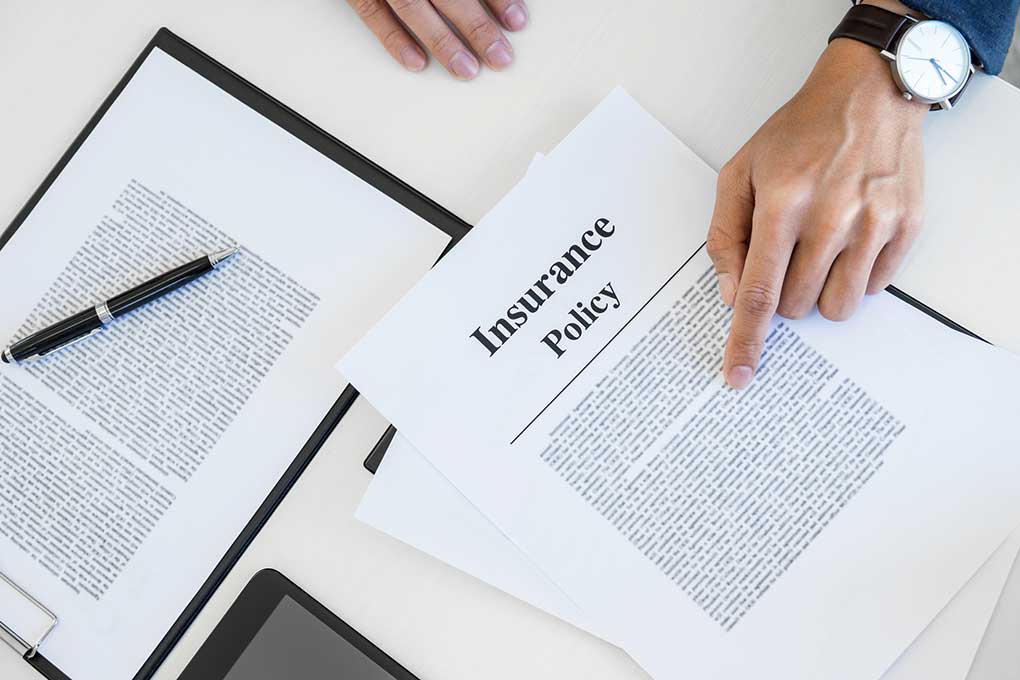
Are you unable to work due to an amputation? Don’t miss out on the financial help you need.
It is essential to know about financial help for Amputation through insurance claims.
Having an amputation can stop you from working. these difficulties require a long recovery and medical appointment, resulting in time off work and being too unwell to do your job. It can also affect your quality of life, affecting your mental health. This load can prevent you from working consistently and finding employment.
Amputation TPD claims can ease the financial burden whilst adjusting to life as an amputee. We are able to organize and submit the TPD (Total and Permanent Disability) claim on your behalf to get the financial help you are entitled to after your amputation. TPD is money paid for, into your superannuation while you worked. Don’t miss out on the financial help for your amputation that you earned and are entitled to.
What are the two main types of financial help available in Australia for a permanent disability such as amputation?
NDIS & Centrelink
Most Australians know that it’s possible to get financial help their amputation through a disability support pension via the NDIS and Centrelink. Most also have heard horror stories about people with amputations or other major injuries who have their claims rejected. It can be tricky to gather enough evidence to show that you meet the disability requirements.
TPD Insurance Claims
Sadly, not enough Australians were told that part of their compensation while working was the TPD insurance in their superannuation policy. It’s not well advertised but it’s a substantial help if illness/injury forces you out of work. The types of evidence needed to claim TPD insurance for amputation injuries are similar to applying for the NDIS but instead of sending it to the government, it is sent to your super insurance company. Super claims are tough to win on your own, most who try to claim are declined.
Super Claims Assist has helped Australians navigate the process to claim insurance from all Australian super funds. The process can be long and confusing so it’s good to have a free chat to discuss what it takes to win your claim.
Can I claim TPD insurance if I get NDIS or Centrelink help?
Yes! If you’re currently getting help through a disability support pension (DSP), you can also get help through a TPD claim. Because the TPD insurance was part of the super policy you earned while working, it doesn’t affect your DSP eligibility at all. Claiming the lump sum TPD payout can help give you a financial cushion which can help you navigate your symptoms.
Has your NDIS Disability Support Pension application been rejected?
Sometimes people with Amputations get their claims rejected by Centrelink or the NDIS. If this has happened to you, make sure you talk with us today about your options through TPD insurance from your Super Fund. TPD is Total and Permanent Disability insurance which can make a huge difference to your financial freedom. If you are currently receiving NDIS support, you might also be eligible for a lump sum payment from your TPD insurance.
Australians with Amputations are usually eligible for financial help through TPD Claims
Claiming TPD is an easy process with Super Claims Assist. In just four steps, we can start your claim. We have offices all around Australia, or, if you are in a regional city, we are able to handle the entire claims process by phone. Our team is on standby to schedule a call with you as soon as possible, so we can help you with financial help on your amputation claims journey.
We understand the stress that comes with a permanent loss of limb that makes it really tough or impossible to work. Let us help ease the burden.
Are you suffering from a condition other than amputation?
View our list of other health conditions.
Unlike Centrelink claims, you do not need a specific condition to make a TPD claim and get financial help. All successful claims just need evidence that your condition has an impact on your ability to have a job long-term.
More about Amputations in Australia

Amputation in Australia
Learn about amputation in Australia

TPD Claims after Amputation in Australia
Learn about help through TPD Claims for Australians who’ve had Amputations

